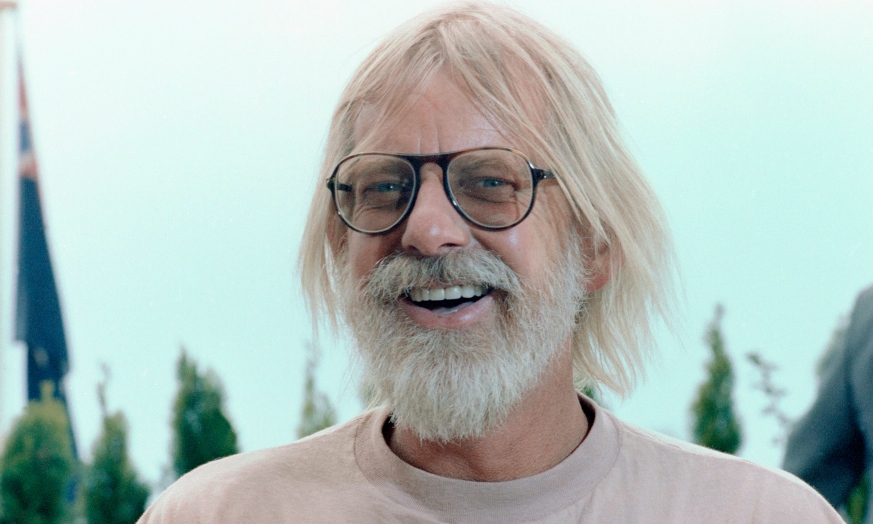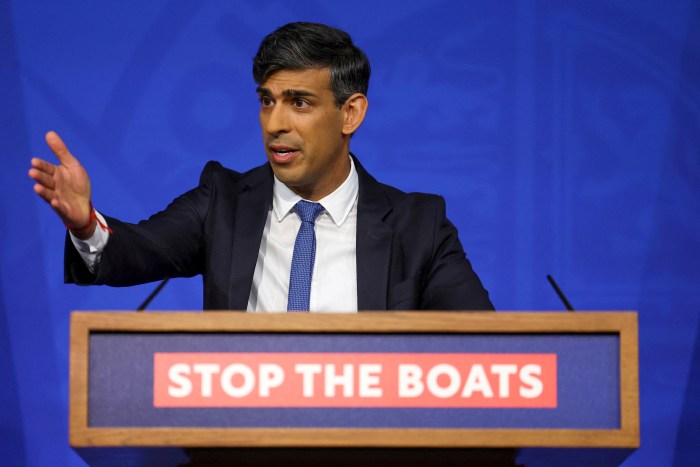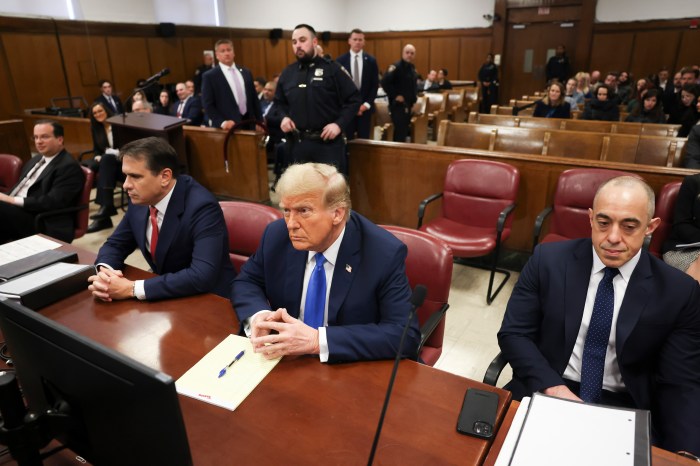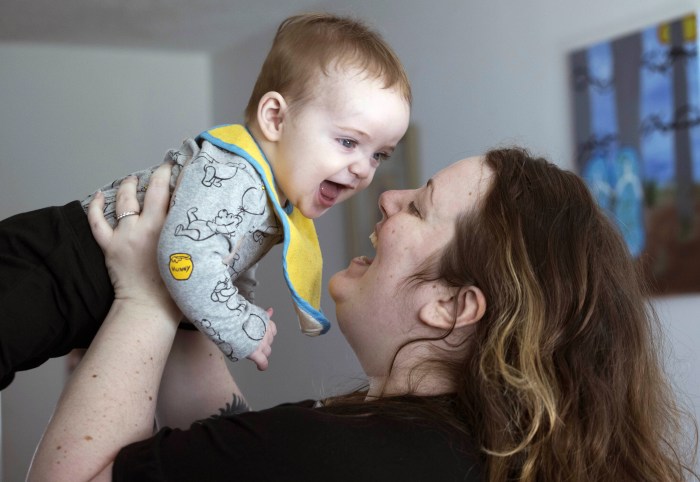There’s a good chance that you haven’t heard of Hal Ashby.
Not only did he die at the age of just 59 in 1988, but his output in the 1980s is still disregarded as below par, while even when he was at his peak in the 1970s his films were often eclipsed by the work of Scorsese, Spielberg, Coppola, De Palma, Altman and Lucas.
But you will have definitely seen the influence of Hal Ashby. In fact, you could easily argue that his oeuvre from the 70s – “The Last Detail,” “Bound For Glory,” “Shampoo,” “Coming Home,” “The Landlord” and, especially, “Harold and Maude” and “Being There” – made more of an impact on modern filmmakers than the work of any other director of the last 50 years.
That’s exactly what director Amy Scott’s loving documentary Hal explores. I recently had the chance to sit down and talk to Scott, during which time I laid out my above theory.
“I agree! I felt strange saying that for so long, I guess I can now say it. Because I think he gave us the blueprint for the dark comedy and pairing it with music, he had such a keen and astute like precision in terms of syncing the perfect song or soundtrack to picture.”
Scott was so convinced of Ashby’s impact that she decided to ask David O. Russell, Alexander Payne, Lisa Cholodenko, Judd Apatow and Adam McKay to talk about him for her film, as she had a feeling they were all fans. She was right, too, and all of these director jumped at the chance to talk Ashby.
“I wanted to include them because the whole point of making this film was to bring Ashby’s work back into the conversation on a mainstream level, just for new filmmakers and film watchers.”
“So I wanted to connect his legacy to people that are making really interesting and engaging and original work right now.”
“I feel like the filmmakers I chose had all taken something from Ashby and then integrated it in their original way. It was just a hunch.”
“I was like, ‘I’m guessing that David O. Russell, Alexander Payne, Adam McKay that you’re into the quirky, existential, dark comedies that Ashby made.’ “Those guys made the same connections, too.”
“They all just wanted to talk cinema, and were so excited, so void of ego. Alexander Payne admitted that he wanted one scene from ‘Sideways’ to be an homage to ‘The Landlord’ and he re-watched this one scene over and over again while shooting it.”
“Same with Judd Apatow and ‘The Cable Guy,’ which uses TV in the same way that ‘Being There’ did. We didn’t get fully into the minutiae of it, but it was worth speaking to those guys about Ashby, because they could all tie their work back to him.”
But there was one director that Scott was dying to talk to but just couldn’t quite land.
“I wanted to speak to Wes Anderson, because his symmetrical compositions and use of wide-shots, and he has a Bud Cort character in all of his films. I wanted these filmmakers to help me cobble together my theory.”
You can check out further snippets from my discussion with Amy Scott about “Ashby” and Hal Ashby below.
When did you first come across Hal Ashby?
I’ve always loved 70s cinema and the New Hollywood directors. I didn’t know about Ashby perse. For most people of my generation “Harold & Maude” was a cult film that was passed around like a mixed tape. I definitely watched that in college, then that was passed down to older colleagues. When I was studying film I thought that there was this whole world of weirdo cinema that I was missing out on. So I went out of my way to find a lot of his films. I couldn’t find “The Landlord” for a long time. That was hard for me to locate. When I finally watched it I found it to be incredible.
What was it that attracted you to his films?
I connected with the kinds of films he made, especially the characters. He taped into the same feeling as Salinger did. There are few people that can pull that off and it doesn’t feel trite or corny. Now the loner character and being an independent thinker is something that people aspire to on a commercial level. But at the time that wasn’t the case. These characters exorcised the same vulnerabilities that I had. So it was comforting and therapeutic. I wanted to know more about him. I wanted to know about the weirdo that was making these films that really spoke to me. The more I learnt about him, because I was editing films at this point. I didn’t know he was an editor as well. So when I watched “The Thomas Crown Affair,” “The Cincinnati Kid,” “The Heat Of The Night,” and they blew my mind. Rewatching them especially I was drawn in with how he treats humans and the interactions between one another. I saw his style emerge through his editing. I was intrigued by his characters first and that drew me to his biography and then back out by his work as an editor. If that makes sense.
Do you think that Hal Ashby would thrive today?
I think Hal would thrive would right now. Since the blockbuster, the studio system, we are never going to come back from that. So it has broken off into these different piers. Independent filmmaking is thriving now. It is great. It is so democratized now. You can do what we did and crowdfund and then cut your own film in your own house. You don’t have to rely on the studios. I think Hal was trying to get away from that his entire life, and trying to form a company of filmmakers that could have complete control. If he had not had a terminal illness I think he would have risen out of the 80s like a phoenix and been embraced in the 90s and beyond.
“Hal” is now in select cinemas.



















